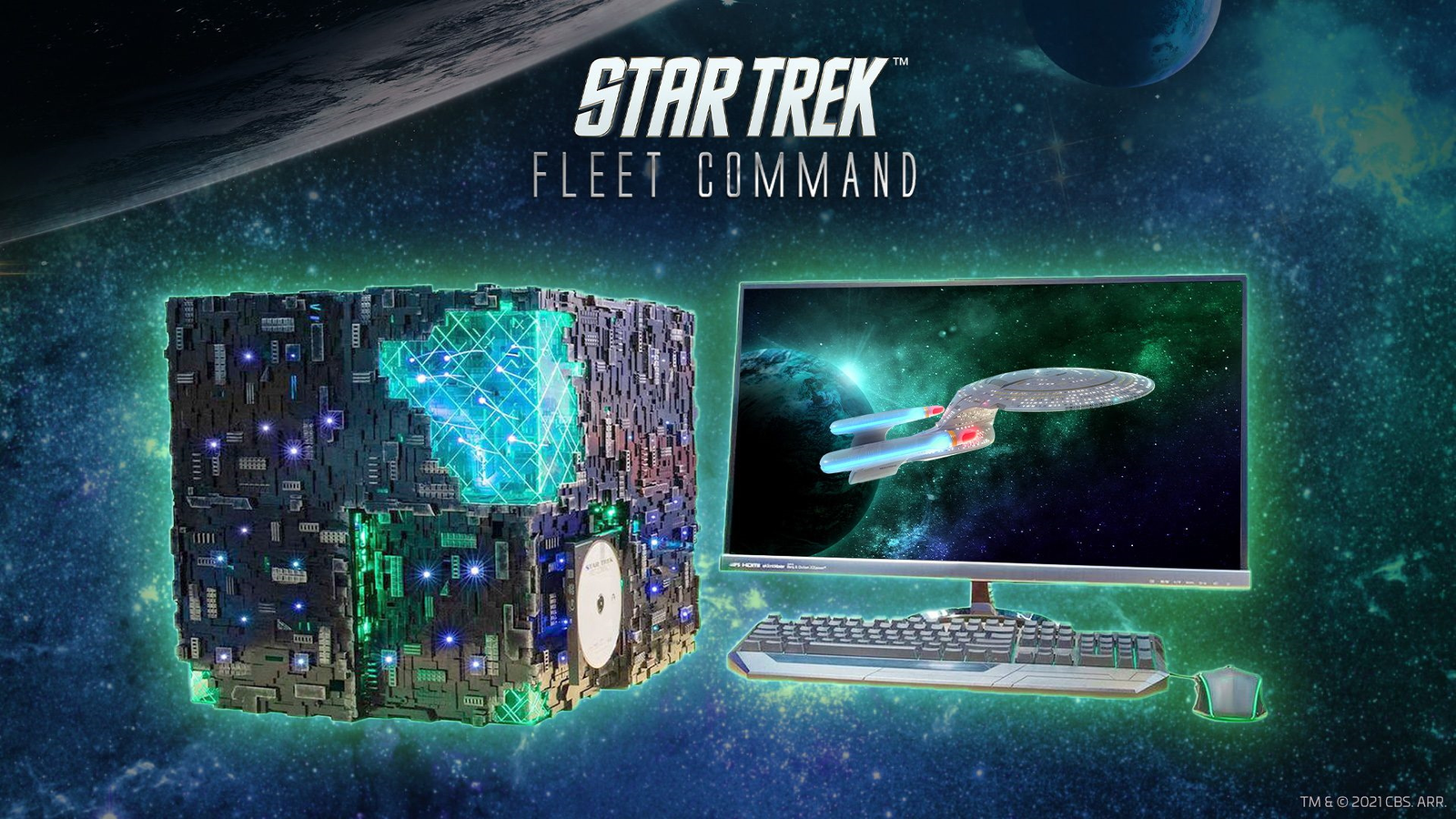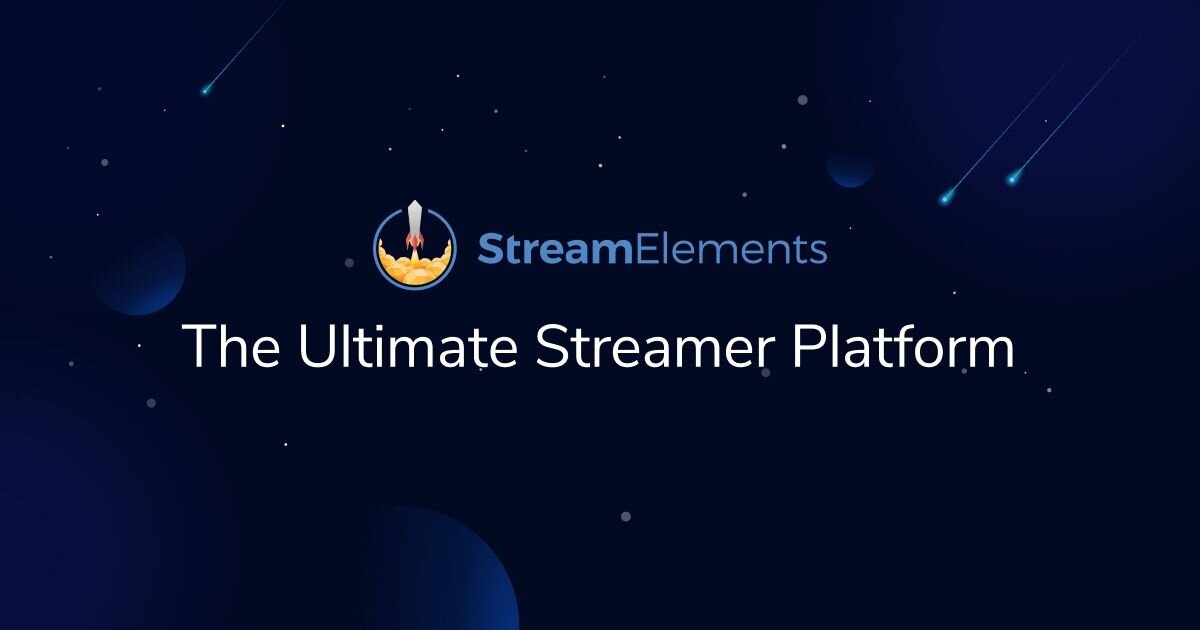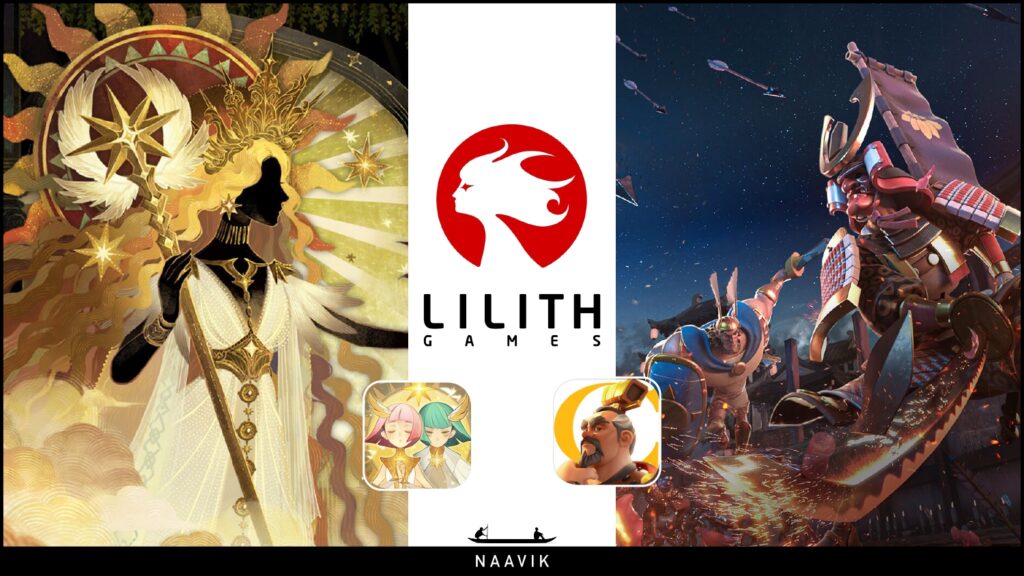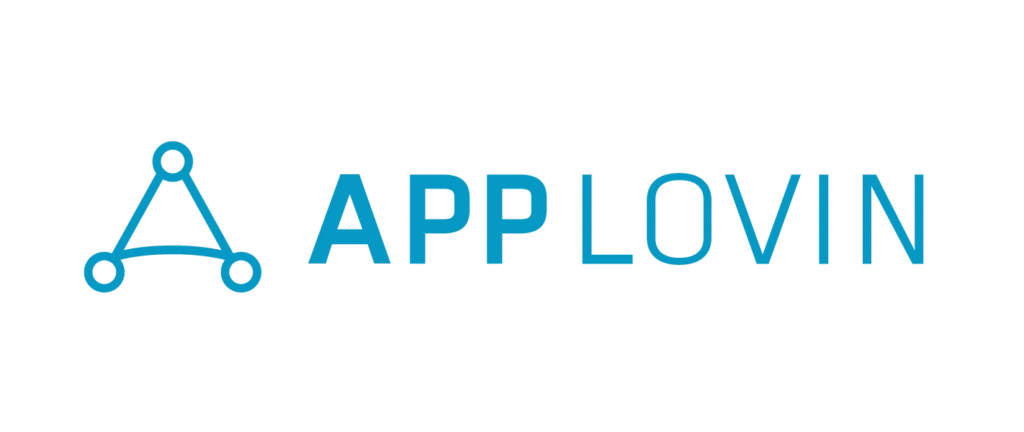Hi Everyone! Welcome back to another issue. As always, please consider forwarding Master The Meta to your colleagues, friends, and work acquaintances who might also find this content valuable. We’d appreciate it!
Naavik Exclusive: Roundtable #16
Abhimanyu Kumar and Miikka Ahonen are joined by your host Nicolas Vereecke to discuss:
-
On-chain vs Off-chain game assets
-
Raph Koster reveals tech for Playable Worlds
-
Statespace raises $50 million
As always, you can find us on Spotify, Apple Podcasts, Google Podcasts, our website, or anywhere else you listen to podcasts. Also, remember to shoot us any questions here.
#1: Scopely & The Rise of Cross-Platform Games
Source: TrekMovie
For years, a major topic of conversation was how console / PC companies would enter the mobile market, but now the narrative is starting to reverse. Earlier this week, Scopely announced that its hit free-to-play (FTP) mobile game, Star Trek: Fleet Command, is officially coming to PC. The popular 4X game, which already hosts a large, heavily engaged, and wallet-friendly user base, will support cross-progression and award new PC log-ins with unique resources.
Of course, if you read our interview with co-CEO Javier Ferreira in March, this shouldn’t be a surprise. He said, “I think we're getting to a world where free-to-play gaming has, in my opinion, won the day, so that's exciting for us. We have incredible capabilities as it relates to free-to-play and mobile. We want to take our capabilities to more platforms and really think of ourselves as a player-centric company rather than as a platform-centric company. That's one trend that you'll see from us and the products that we'll be launching over the coming years. In some cases, the game may only be on mobile, but in many cases it's going to mean that it's going to be across multiple screens.” Javier echoed those thoughts in a recent interview with VentureBeat: “I think the idea of mobile players, PC players, and console players is outdated. Our data now shows that over 65% of players are really going to be engaging with games across multiple platforms. Our strategy is to be player-first, rather than focusing on a particular platform.”
Not only is player-centricity the correct north star (versus being ideological about certain technologies or platforms), the move makes good business sense. For one, as Javier mentioned, a growing number of players interact with games across platforms, so supporting certain high-value games across devices is an obvious way to increase both average time played and player lifetime value (LTV). Related, it provides a new avenue to grow the player base, which widens the addressable market and ideally brings about even greater scale. Plus, with the rise of other AAA FTP cross-platform games like Genshin Impact, many console and PC players — a collective market that’s as large as mobile and still growing world-wide — are likely to become more open and used to playing more F2P games on non-mobile platforms. Ultimately, enabling cross-platform gameplay is good for diversification, audience expansion, improved player LTVs, and most importantly for the players themselves.
Scopely may be a first mover, but it won’t be the only player. Zynga, which acquired Echtra Games earlier this year (the team helped create the Diablo and Torchlight franchises), is also thinking similarly to Scopely. The Chinese leaders — namely Tencent and NetEase — which are hustling to grow both globally and beyond mobile will also play an emerging role here. It’s also worth keeping in mind that some games will launch cross-platform on day one while others will become increasingly cross-platform over time.
Of course, not every game should be cross-platform (most won’t), and there’s room for multiple winners with different strategies. However, FTP cross-platform gameplay — especially from large mobile companies targeting additional platforms — will be a key trend to watch in the coming years. In time, as FTP continues to steal market share, we’ll decreasingly associate the most notable games companies with certain platforms and instead measure them based on their ability to grow and serve their aggregate player-bases wherever they come from. After all, the future of player-centricity means more flexibility, lower barriers to entry, greater player involvement, and more ways to have fun. (Written by Aaron Bush)
#2: StreamElements Raises $100M
Source: StreamElements
Provider of engagement and monetization tools for streamers, StreamElements, announced it had raised $100m in its latest funding round. SoftBank’s Vision Fund 2 led the round with participation from PayPal Ventures, MoreTech, and several returning investors. The proceeds will support the further growth of the platform — StreamElements plans to expand its features to Trovo (an interactive live streaming platform), as well as to create new tools for production, engagement, and monetization of the live streaming and VOD (video on demand) content.
Founded in 2016 by Or Perry, Doron Nir, Gil Hirsch, and Reem Sherman, StreamElements joined the industry as a provider of engagement and monetization tools for live streaming and VOD content creators. Currently, the platform offers a variety of features including overlays, alerts, chatbots, merchandise stores, and tipping tools, which makes it easier to create and monetize content. Today, StreamElements reports over 1.1 million creators around the world using its broadcasting tools and services. Acсording to the company, over 60% of content creators with 20K+ views and followers across Twitch, Facebook Gaming, and YouTube Live are using StreamElements in their work.
The raise is another sign of the booming video streaming segment, which has seen significant growth over the last two years driven by the lockdown and the rise of home-based entertainment. For example in March 2021, the leading streaming platform Twitch overcame the two billion watch hours threshold. As for the VOD segment, the biggest video platform, YouTube reports over two billion logged-in users every month with 500+ hours of content being uploaded every minute. Needless to say, a significant part of both streaming and VOD content comes from the video game creators — currently, there are over 40 million active gaming channels on YouTube, with over 80k of them having more than 100k subscribers.
In 2021, we continue to observe a fair amount of deals in the video streaming industry, with the largest one being Bilibili raising $2.6B in March 2021 during its second listing in Hong Kong (the first one was on NASDAQ in 2018). Among other deals of the year are Genvid raising a $113M Series C, Super League gaming acquiring Mobrush, Maestro raising a $15M a Series B, Gamestry securing $5M in Seed funding, and Juked.GG receiving an undisclosed investment from former Twitch executives. There are not that many deals closed by the providers of tech solutions for streaming though, yet we can still find some interesting cases in 2021, including Lightstream purchase by Creative Solutions and the €1.1M Seed round of inSTREAMLY.
Overall, live streaming and VOD will continue their growth and attract a wider audience with the ongoing change of content consumption habits. This means there will be more creators to use the tools for technical optimization and monetization of their content. The demand is still growing, and there's no clear leader in the niche yet. However, with such massive backing, StreamElements has all the chances to become the entry point for many new video content creators. (Written by Andrei Zubov and Vladimir Sergeevykh of InvestGame)
🎮 In Other News…
💸 Funding & Acquisitions:
-
Sorare raised $680M at a $4.3B valuation. Link
-
Dapper Labs raised $250M at a $7.6B valuation. Link
-
StreamElements secured a $100M raise. Link
-
Misfits Gaming Group announced a $35M raise. Link
-
FuzzyBot raised a $3.5M seed round. Link
📊 Business:
-
Xbox’s Edge Browser has Google Stadia compatibility (w/o fees). Link
-
Stripe released “Revenue Recognition” (bookings vs. revenue reporting headaches, anyone?). Link
-
Improbable is leaning into the “metaverse” as a company strategy. Link
-
Andreessen Horowitz is reportedly raising a gaming focused-fund. Link
🕹️ Culture & Games:
-
How Japanese Breakfast crafted the sounds of the Sable. Link
-
A Polygon feature on Eastward, a cross between Earthbound and Zelda. Link
-
Fortnite and Balenciaga partnered on a drop. Link
-
A review on Death Stranding’s Director’s Cut. Link
👾 Miscellaneous Musings:
-
Four Growth Paradigms: Zynga, AppLovin, Skillz, and Jam City (Pt. 1). Link
-
Why Does Amazon Make Games? Link
-
A great follow-up to last week’s piece on Star Atlas, a Delphi Digital podcast on the same topic. Link
-
Jon Lai thread on what P2E games can learn from prior games. Link
🔥 Featured Jobs
-
Mythical Games: Principal Economy Designer (Remote, US)
-
Immutable: Business Development Manager (Remote, US/EU)
-
Mythical Games: Lead Product Manger (SF, LA, Seattle)
-
Carry1st: Ad Monetization Manager (Remote, Global)
-
BITKRAFT Ventures: Crypto and Gaming Analyst (Remote, US or EU)
-
Supersocial: Head of Business Performance (Remote, US)
-
Supersocial: Principal Analyst (Remote, US)
-
Metafy: Senior Technical Recruiter (Remote, US)
-
Metafy: Lead Marketing Designer (Remote, US)
You can view our entire job board — all of the open roles, as well as the ability to post new roles — below.
Thanks for reading, and see you next week! As always, if you have feedback let us know here.











